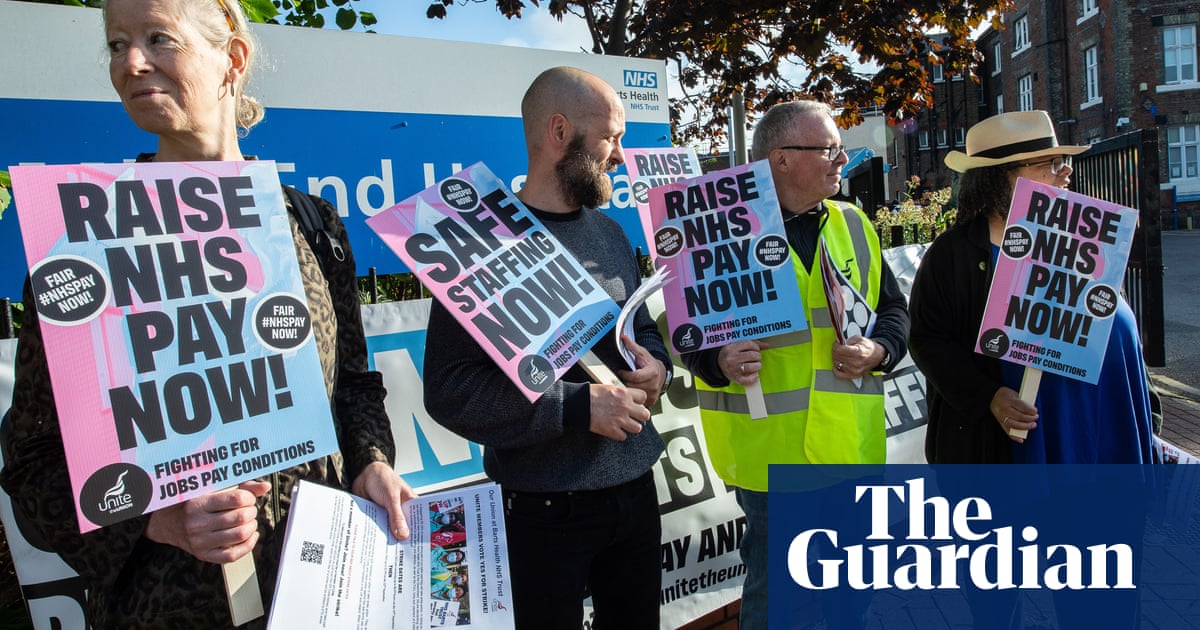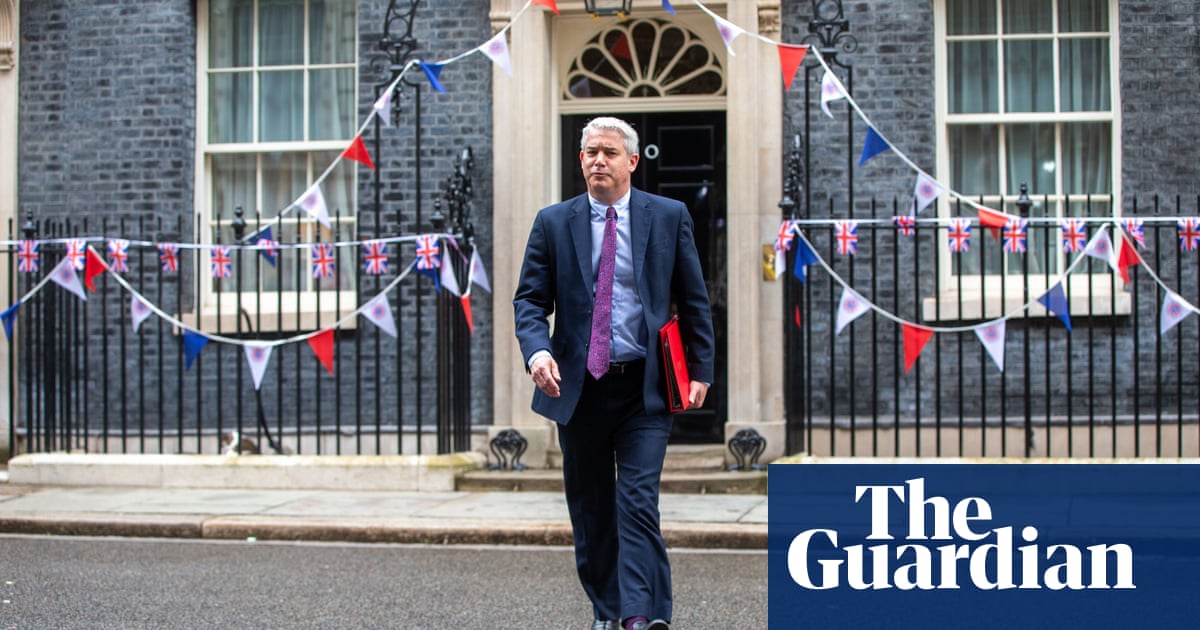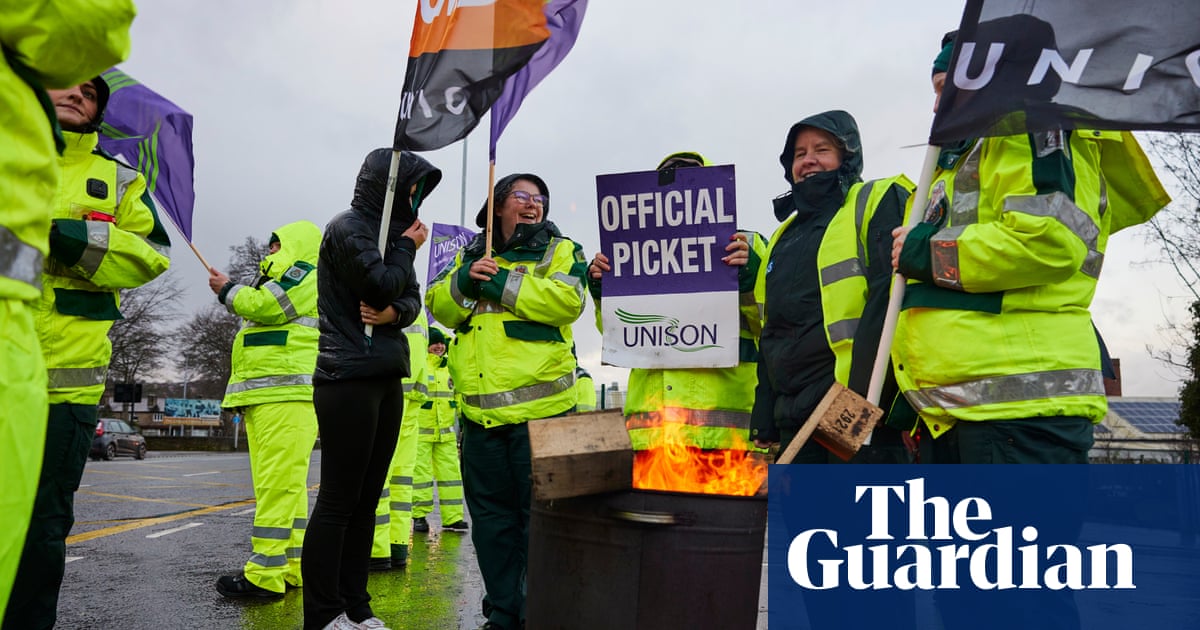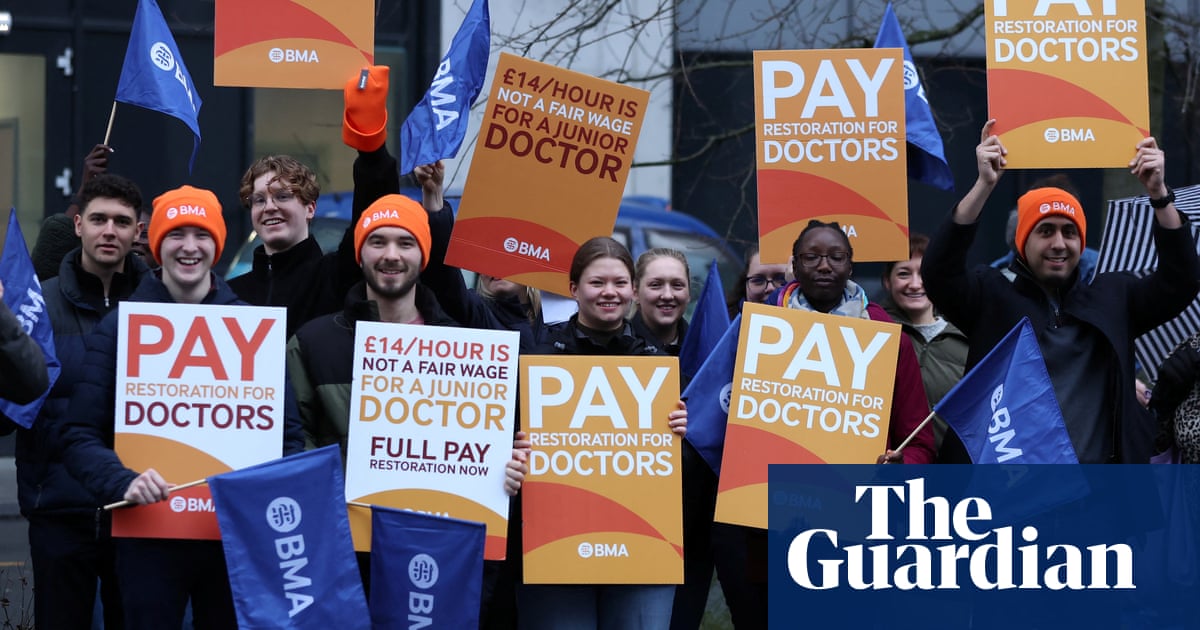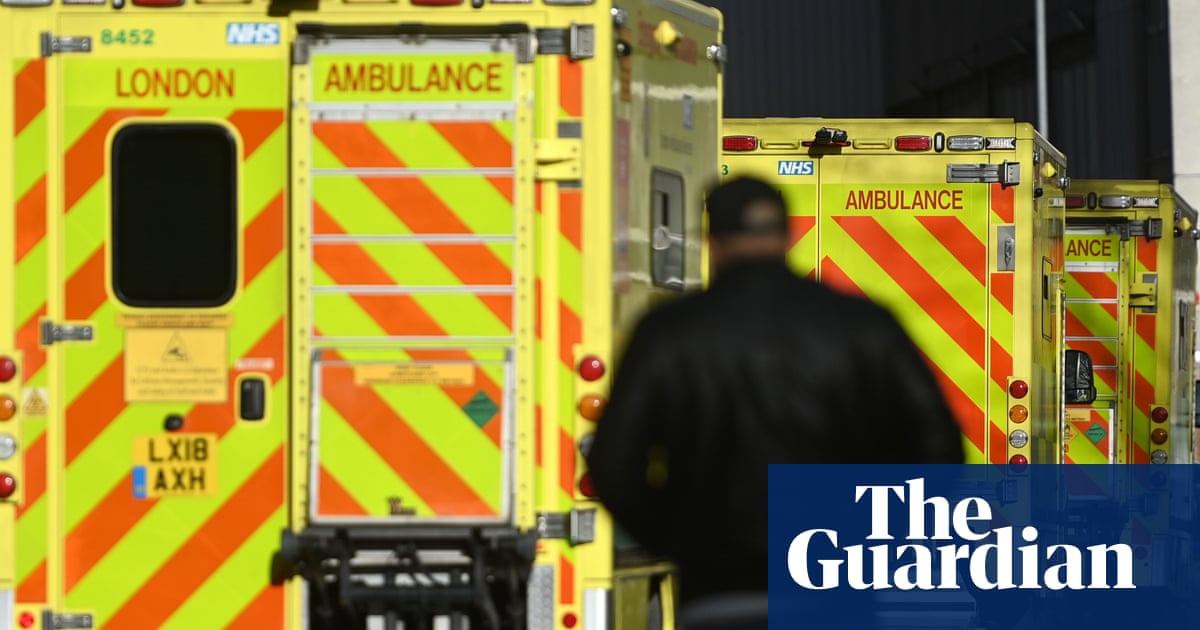
NHS staff have accused Steve Barclay of breaking a pledge to publish details of how many of them are abused and assaulted in the course of their work.
In 2018, when Barclay was a junior minister in the Department of Health and Social Care (DHSC), he promised he would resume publication of those statistics in the following year.
However, five years later, Barclay has not fulfilled his pledge, despite being in his second stint as health secretary.
One health union called his inaction a “broken promise”, while Labour claimed that “ministers are burying their heads in the sand” on aggression against frontline staff, which has become more common since the Covid-19 pandemic began three years ago.
In March 2018, Barclay told the Liberal Democrat former health minister Norman Lamb in a written parliamentary answer that “the [DHSC] is working with the NHS on a new data collection for violence against and abuse of NHS staff, which should be introduced from 2019”.
A health service body called NHS Protect had collated and published data on the number of verbal and physical attacks on NHS staff in England for many years, but it did so for the last time in 2016, when it published the figures for 2015-16, and was scrapped in 2017.
Barclay restated his commitment to “a new data collection” in a further written parliamentary answer to the Conservative ex-health minister Dan Poulter in September 2018.
However, the health minister Will Quince recently confirmed to the shadow health secretary, Wes Streeting, that the plan had been dropped.
“The Conservatives’ approach to violence and abuse against paramedics and nurses is ‘ignorance is bliss’. What kind of protection is that for the heroes of the pandemic?” said Streeting.
“Instead of burying their heads in the sand, ministers should do the bare minimum and count the instances of violence and abuse against NHS staff.”
NHS Protect’s last dataset showed that the number of assaults on NHS staff rose by almost a quarter, from 56,718 in 2009-10 to 70,555 in 2015-16. They are the last England-wide figures available. Although the 215 NHS trusts collect data, that is no longer collated into a national report.
Health unions and NHS leaders have warned that frontline staff have been on the receiving end of increased abuse, threats, aggression and assaults since the first outbreak of Covid. Long waiting times for care appear to be a particular source of frustration for some patients or their relatives.
Growing numbers of ambulance crew personnel have begun using body-worn cameras in recent years to deter assaults and record any that do occur. In 2022, the London ambulance service recorded 877 reports of verbal abuse or threats of violence, 516 physical assaults – including kicking, punching, head-butting and use of a weapon – and 49 sexual assaults on staff.
Laurence Turner, the head of policy at the GMB union, said: “NHS staff say violence is one of the most important issues they face so this broken promise is bitterly disappointing.
“How can ministers tackle the problem if they don’t know its scale?”
In January, a GMB survey of more than 1,000 ambulance staff found that 77% had experienced physical or verbal abuse while on their shift in the previous year.
Barclay declined the Guardian’s request to explain his failure to fulfil his promise.
A DHSC spokesperson said: “Violence against NHS staff is absolutely unacceptable. We’ve doubled the maximum sentence for those who are convicted of assaulting emergency workers, including frontline health workers.
“We are working closely with NHS England as they take action to prevent and reduce violence against staff, including through body-worn camera trials and a national violence prevention hub to ensure NHS staff can work in a safe environment.”




